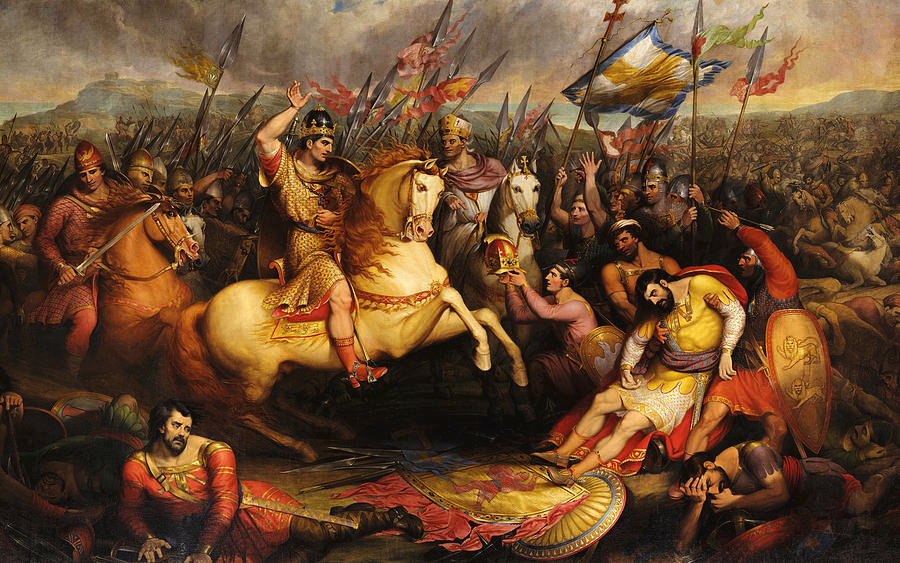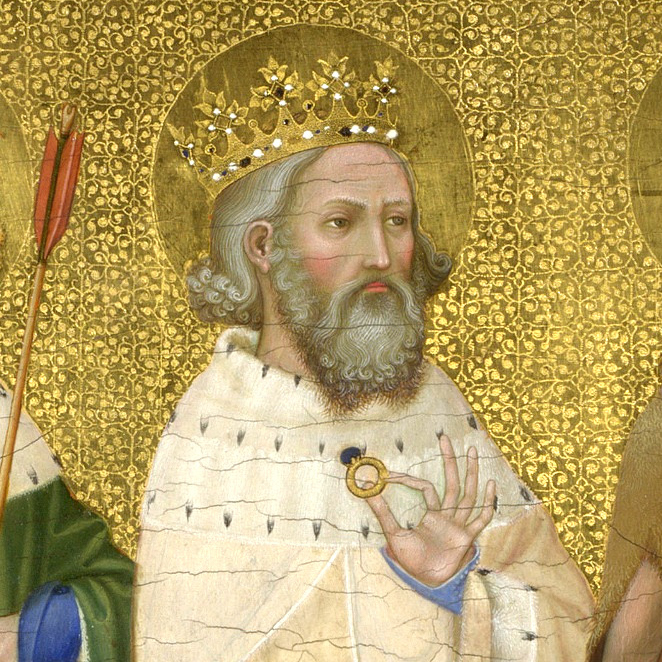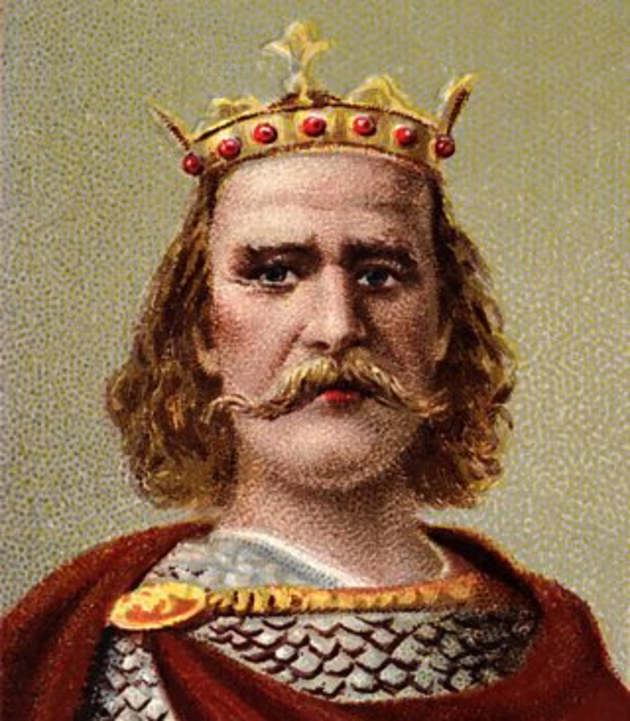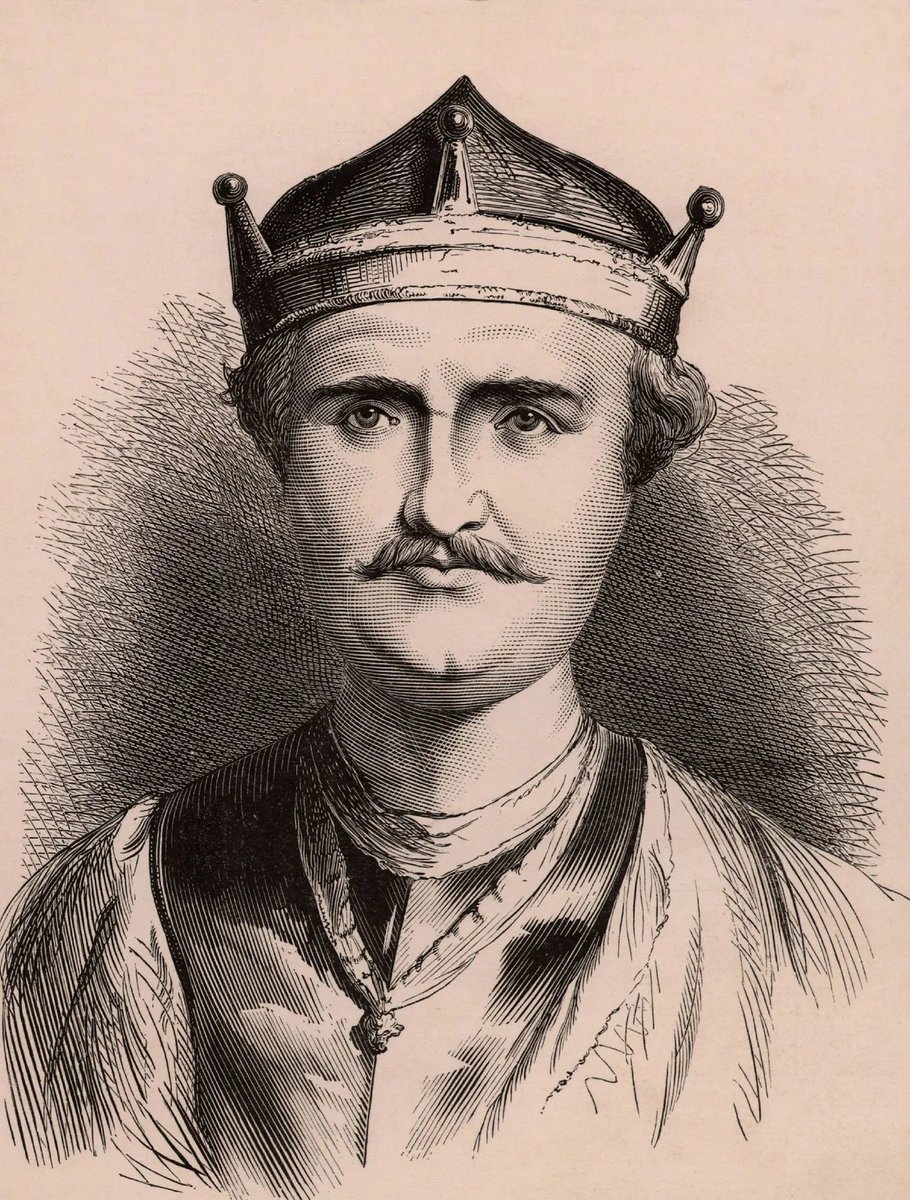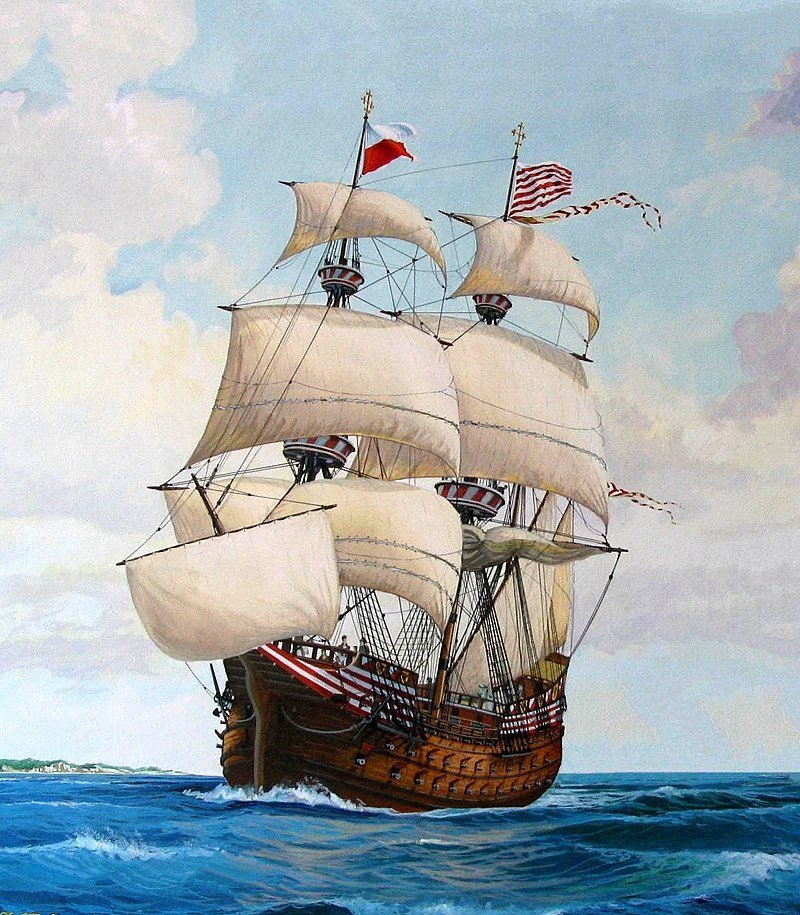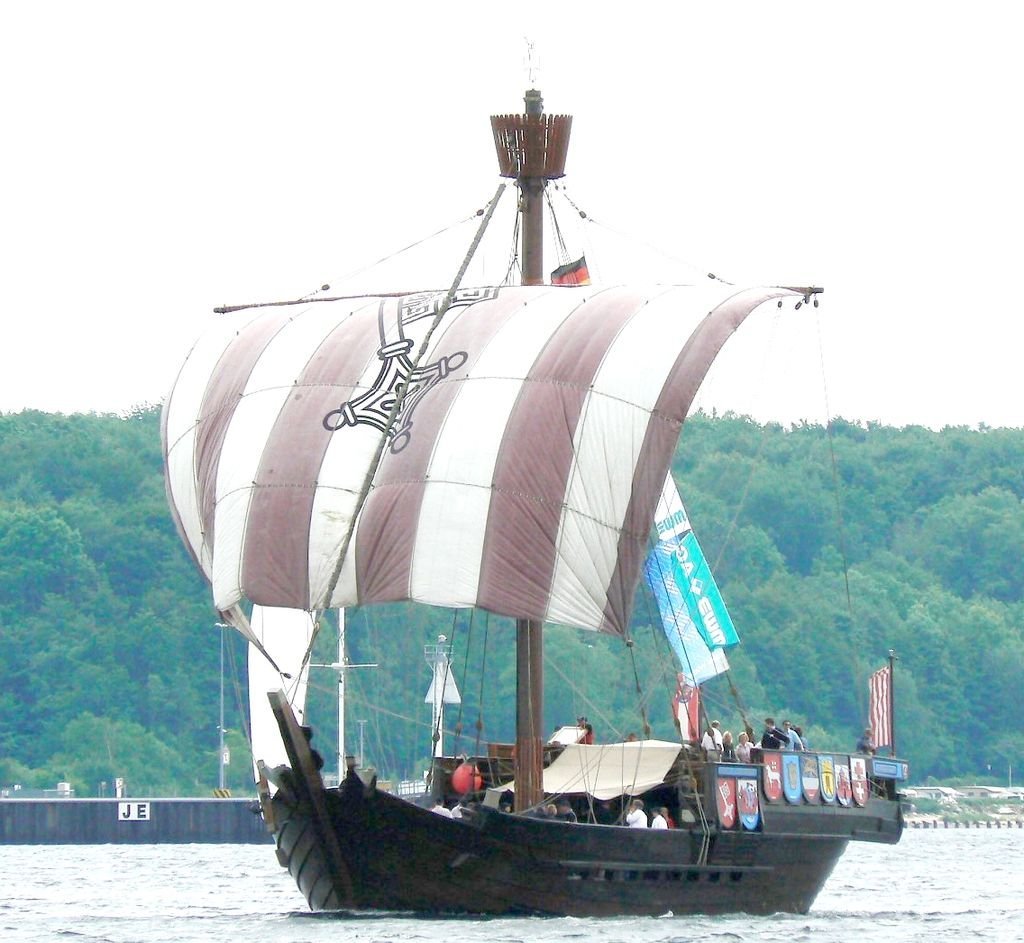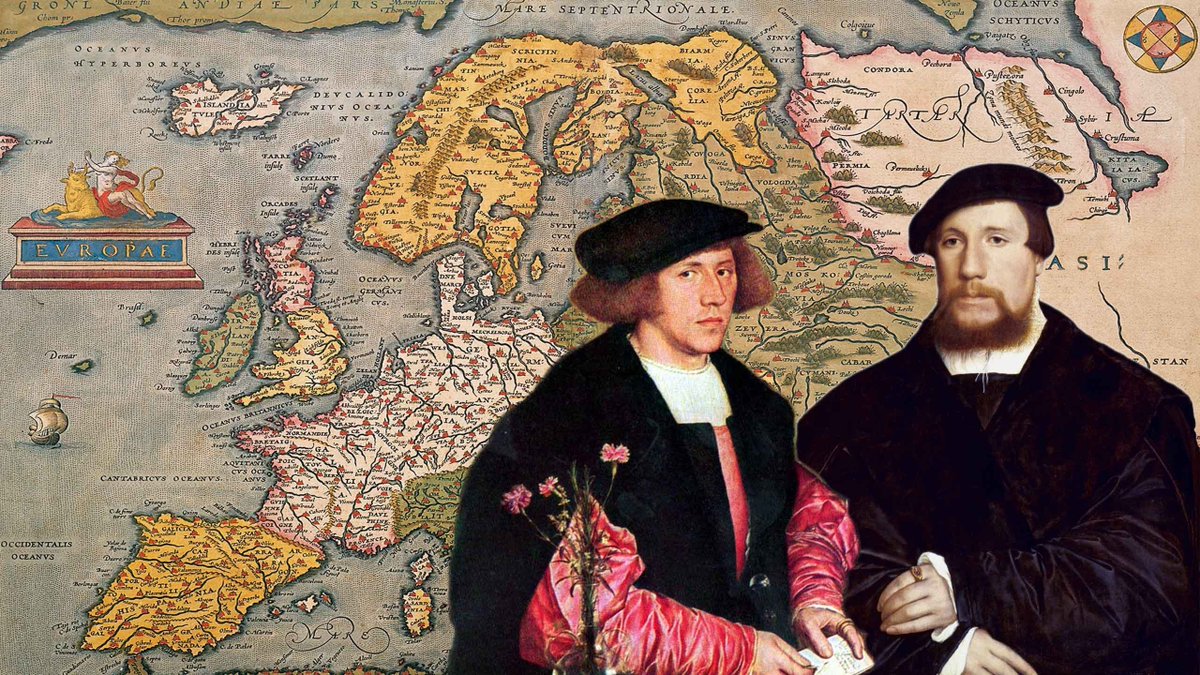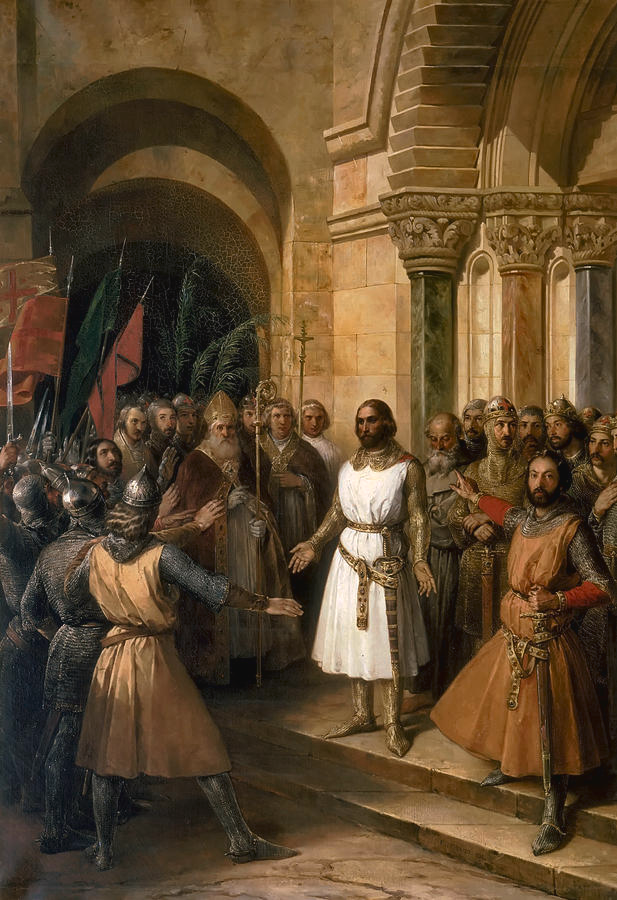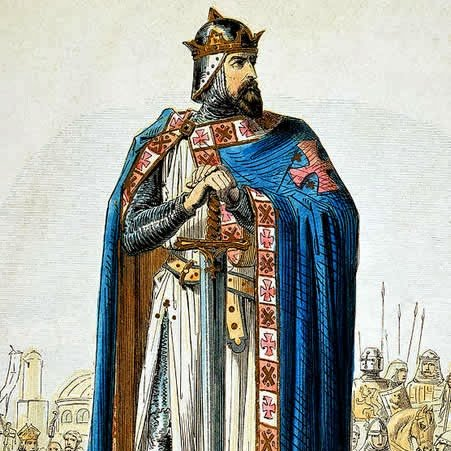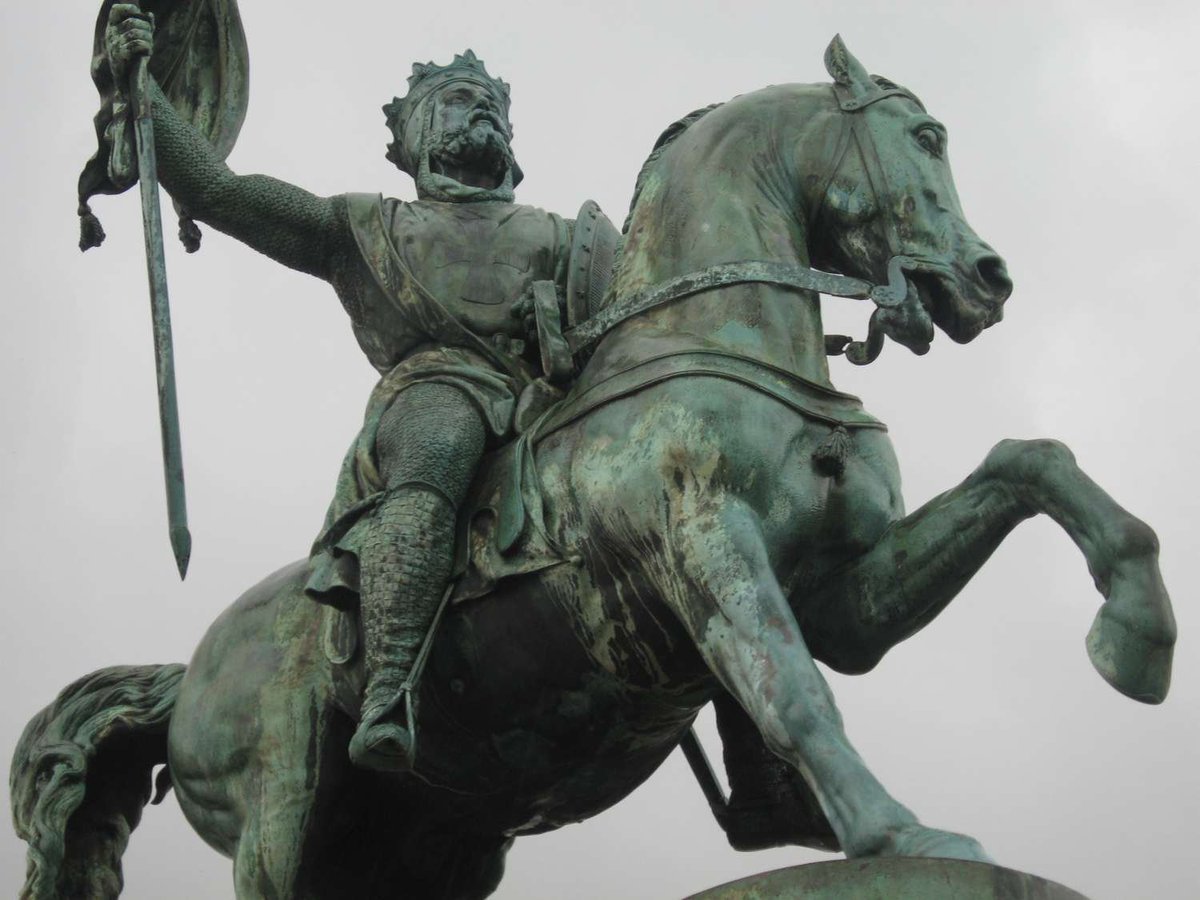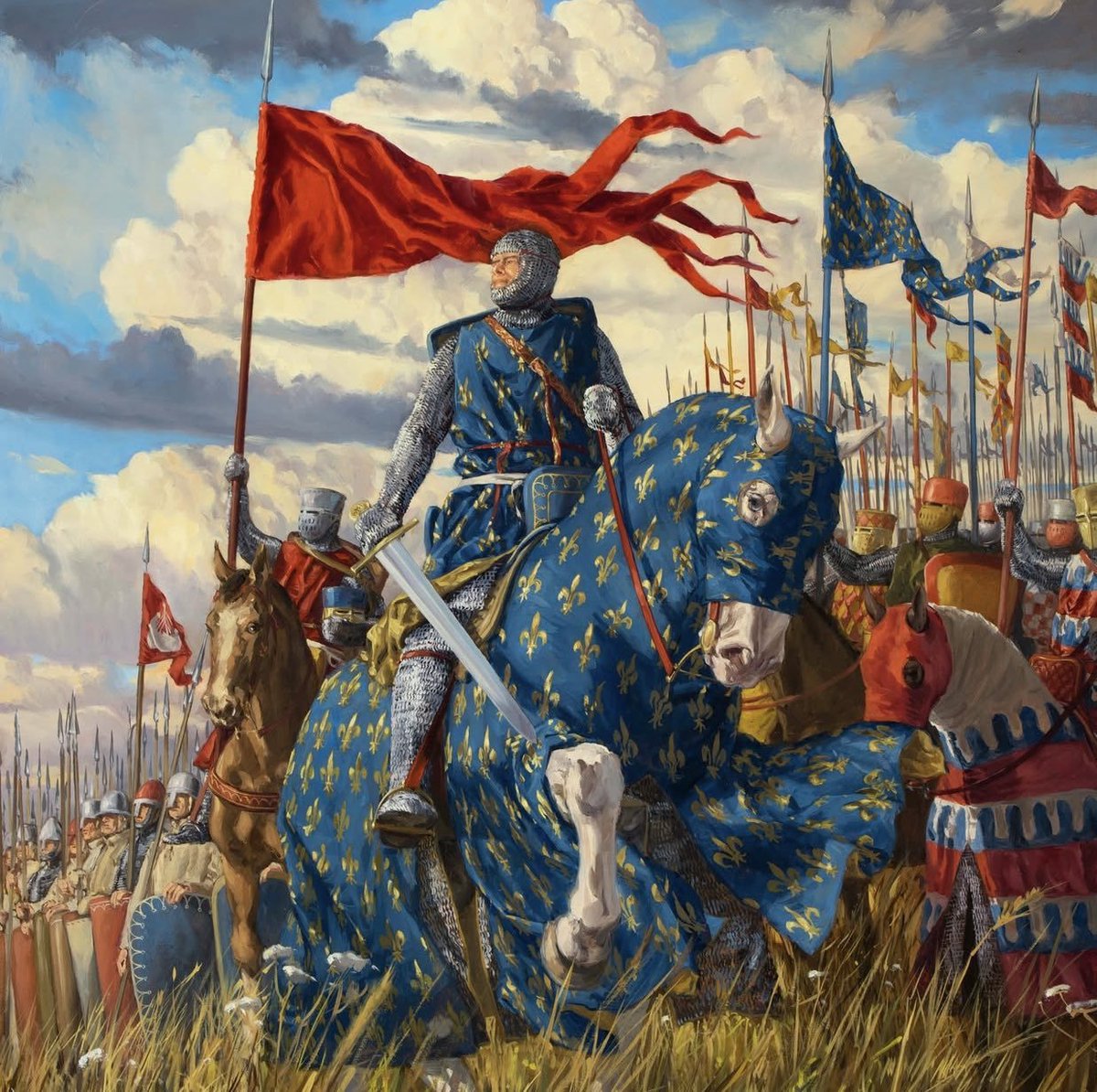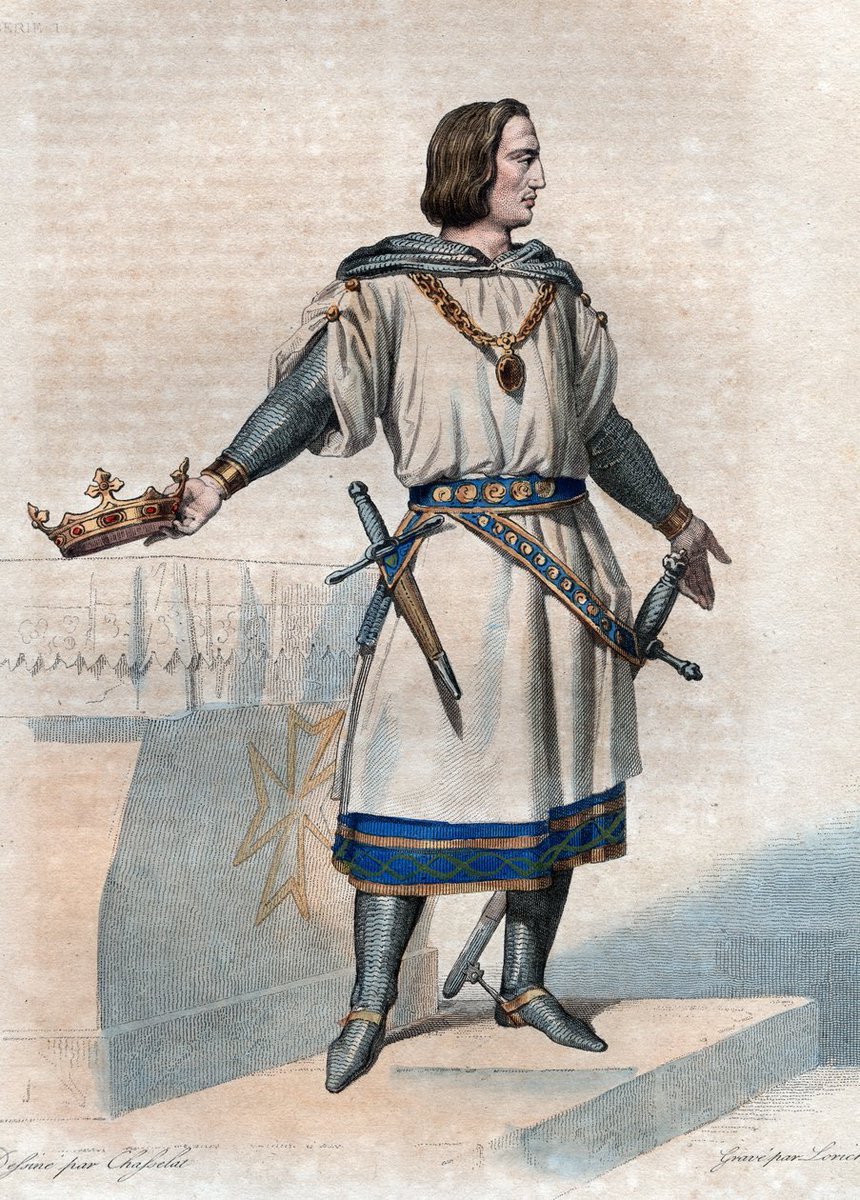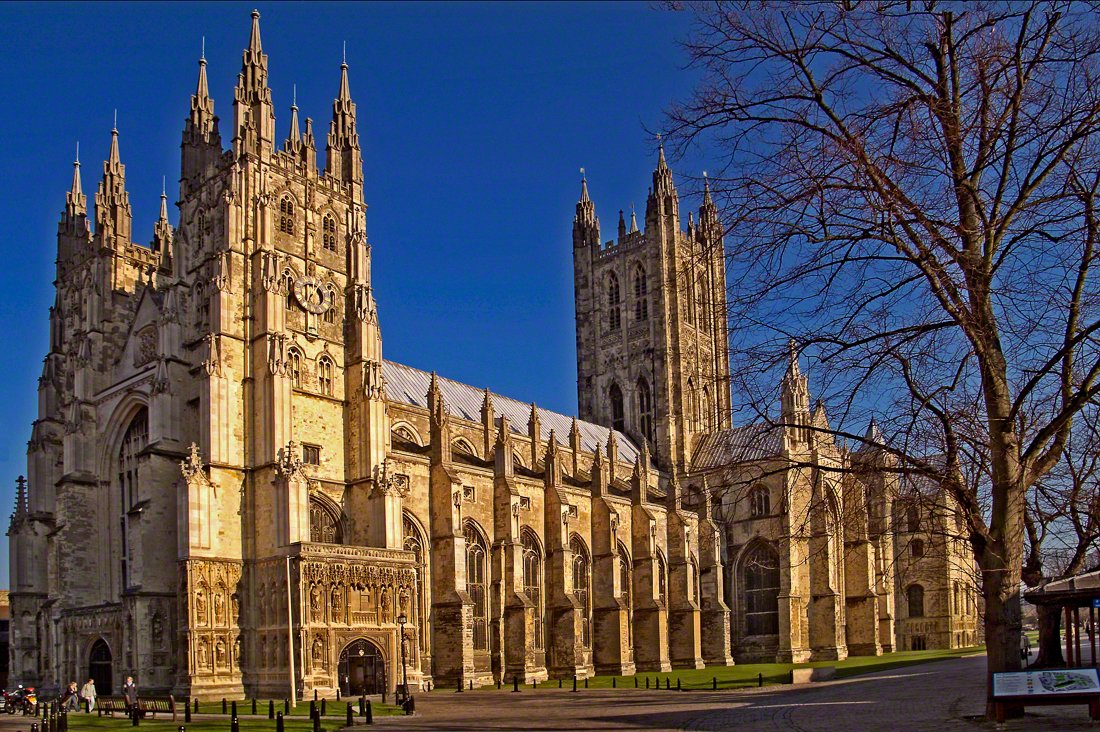Over the thousand years of the period of the Middle Ages many incredible groups of warriors emerged to seize glory on the battlefield and cement their place in history.
Here are my favorites. 🧵
(Artwork by Jama Jurabaev)
Here are my favorites. 🧵
(Artwork by Jama Jurabaev)

1. The Knights Templar: Founded in the early 12th century the Knights Templar were created to protect pilgrims in the Holy Land. They would soon rise in power and wealth and become some of the most elite warriors of their time.
Renowned for their prowess in battle during the Siege of Jerusalem and the Battle of Ascalon in 1099 and 1153 respectively.
Renowned for their prowess in battle during the Siege of Jerusalem and the Battle of Ascalon in 1099 and 1153 respectively.

2. The Gallowglass: These fierce warriors played a pivotal role in battles and feuds across Ireland. Originating in 1259 they descended from Vikings who had previously settled in Scotland and it's western islands and highlands.
They carried their mighty axes and claymores into battle and sundered their foes, towering over them. They would be paid mercenary's known for their loyalty to whoever hired them. (Art by Joseph Feely)
They carried their mighty axes and claymores into battle and sundered their foes, towering over them. They would be paid mercenary's known for their loyalty to whoever hired them. (Art by Joseph Feely)

3. The Varangian Guard: This mighty group of elite warriors come from the Eastern Roman Empire and would come to be known as the Vikings of Byzantium.
Known for their undying loyalty to the Emperor and their ferocity in battle these hulking warriors would cleave their enemies with their powerful dane axes. Revered for the defense of Constantinople in 1043 by a large raid by the Rus.
Known for their undying loyalty to the Emperor and their ferocity in battle these hulking warriors would cleave their enemies with their powerful dane axes. Revered for the defense of Constantinople in 1043 by a large raid by the Rus.

4. The Teutonic Knights: Originating in the Holy Land in 1190 during the Third Crusade in the city of Acre. Most known for their prowess in battle and their campaigns in the snowy north known as the Baltic Crusades.
They had powerful cavalry units and fortified castles. Becoming a formidable and powerful order. (Art by Territory Studio)
They had powerful cavalry units and fortified castles. Becoming a formidable and powerful order. (Art by Territory Studio)

5. Ottoman Janissaries: These were the elite infantry of the Ottoman Empire. This unit originated around 1363 and were likely the first infantry group in the world to be equipped with firearms.
They were the Sultan's household soldiers and played a pivotal role in many victories, most notably the conquest of Constantinople in 1453.
They were the Sultan's household soldiers and played a pivotal role in many victories, most notably the conquest of Constantinople in 1453.

6. English Longbowmen: The longbowmen of England were feared greatly by their enemies during the Hundred Years War. The weapon was a marvel and was unmatched by other archers of other armies.
They played crucial roles in victories at Crecy and Agincourt.
It had a required a force of as much as 150 to 180 pounds (70 to 80 kg) to draw, and shot arrows with an effective range of some 450 to 1,000 feet (140 to 300 meters).
They played crucial roles in victories at Crecy and Agincourt.
It had a required a force of as much as 150 to 180 pounds (70 to 80 kg) to draw, and shot arrows with an effective range of some 450 to 1,000 feet (140 to 300 meters).

7. The Knights Hospitaller: This order first originated as giving medical care to pilgrims in the Holy Land.
Later becoming a strong and formidable military order known for holding off the Ottomans during the Great Siege of Malta and defeating them at the Siege of Rhodes.
Later becoming a strong and formidable military order known for holding off the Ottomans during the Great Siege of Malta and defeating them at the Siege of Rhodes.

8. Knights of Santiago: Founded in 1170 in Spain, this order still survives to this very day! They fought during the Reconquista and defended Christendom in Iberia from Muslim invaders.
They defended pilgrims on the Camino de Santiago which was a prominent path of pilgrimage.
They defended pilgrims on the Camino de Santiago which was a prominent path of pilgrimage.

9. The Catalan Company: The Catalan Company were a group of mercenaries of Catalan and Aragonese origin. They originated in 1302 who most notably fought in the War of the Sicilian Vespers which was a conflict vying for control of Sicily.

10. The Black Army of Hungary: This mercenary army founded in 1458 was one of the most sought after professional fighting forces in the late Middle Ages.
They took part in the war against the encroaching Ottomans in Hungary and were personally employed by the King of Hungary Matthias Corvinus.
They took part in the war against the encroaching Ottomans in Hungary and were personally employed by the King of Hungary Matthias Corvinus.

I hope you enjoyed my thread about my favorite military units of the Middle Ages! This is not a list in order of best to worst but just the ones I love the most. Thank you for reading! 

• • •
Missing some Tweet in this thread? You can try to
force a refresh





